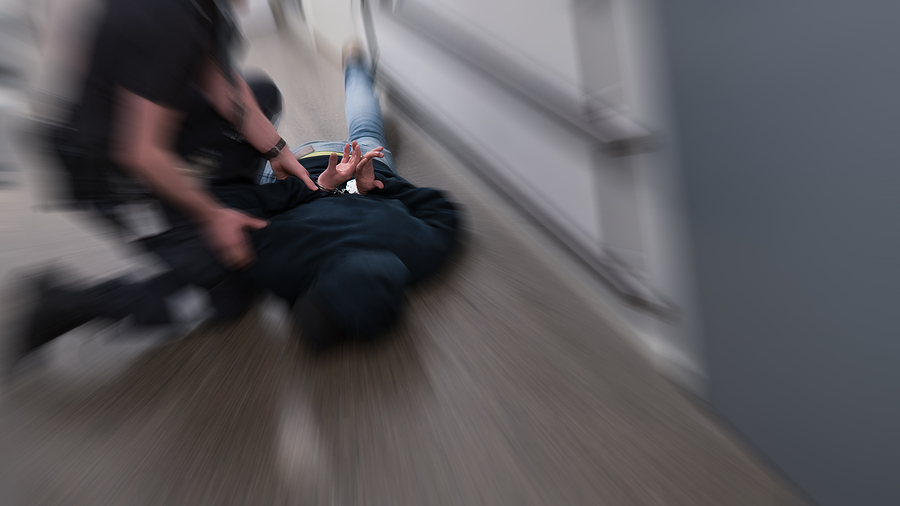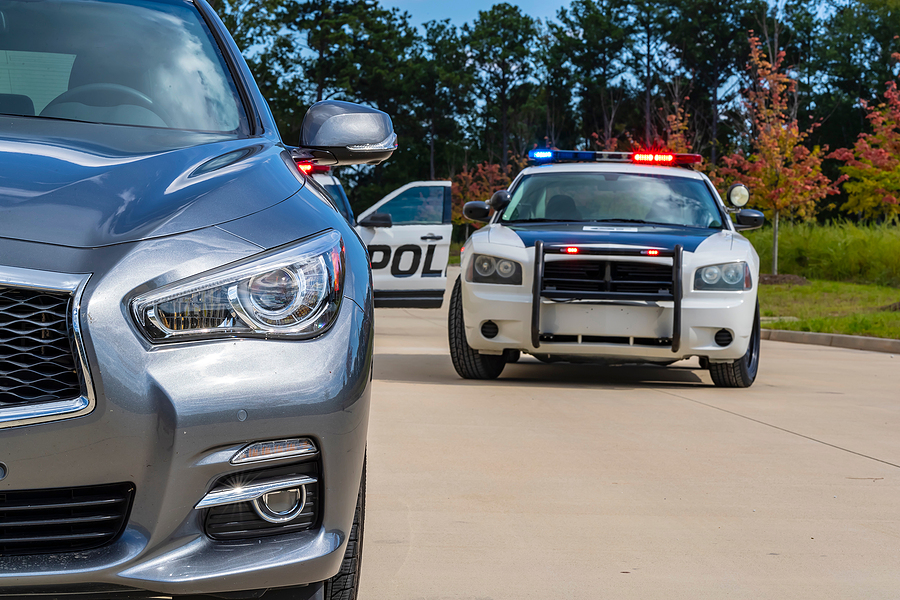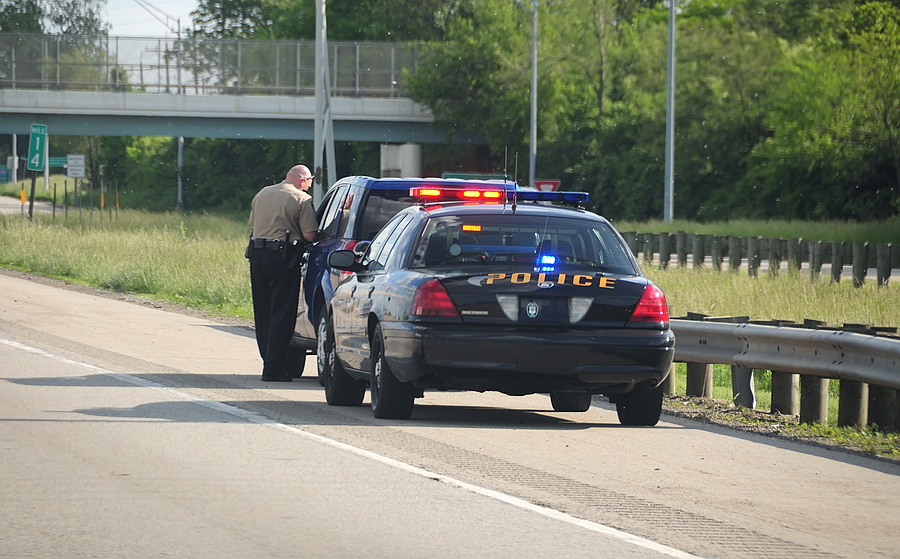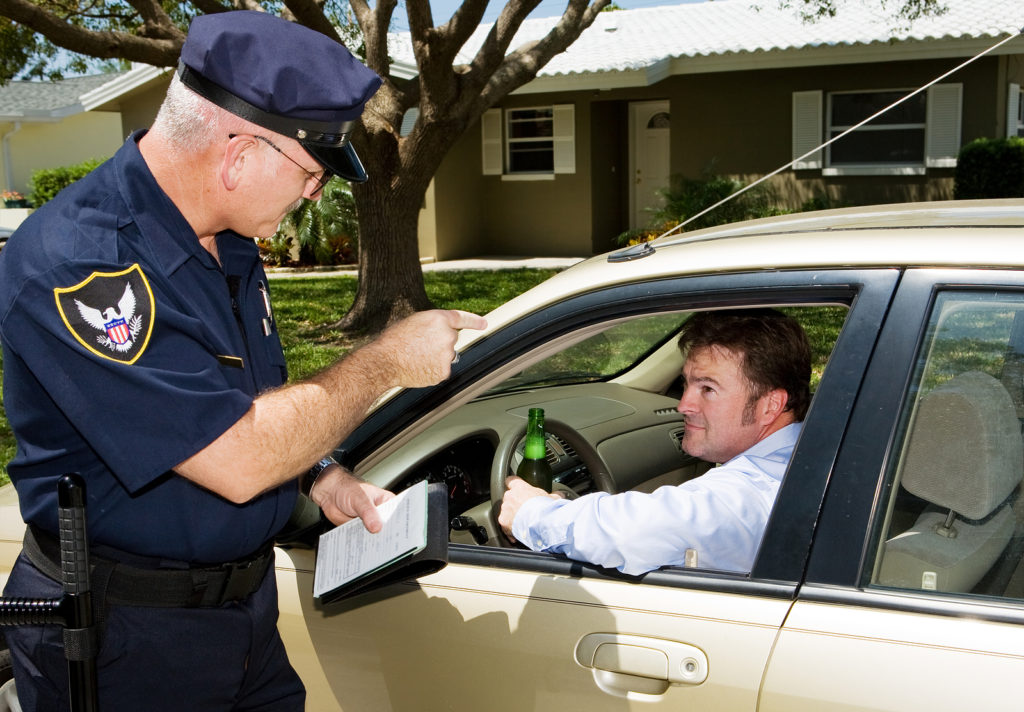Being charged with battery on a law enforcement officer can feel overwhelming and frightening. This serious criminal charge carries significant legal consequences that can impact your freedom, finances, and future opportunities. Understanding what lies ahead in the legal process can help you make informed decisions and prepare for the challenges you may face.
Battery on a law enforcement officer represents one of Indiana’s most severely prosecuted offenses. The state takes these charges seriously, often pursuing them aggressively through the court system. Whether the incident occurred during a traffic stop, at your home, or in another setting, the legal ramifications extend far beyond a simple misdemeanor charge.
The complexity of these cases requires careful navigation through Indiana’s criminal justice system. From the moment of arrest through potential trial proceedings, each step presents critical decisions that can significantly affect the outcome of your case. Having a clear understanding of the process ahead allows you to work more effectively with legal counsel and protect your rights throughout the proceedings.

Understanding Battery on LEO Under Indiana Law
Indiana Code 35-42-2-1 defines battery as knowingly or intentionally touching another person in a rude, insolent, or angry manner. When the victim is a law enforcement officer, the charge becomes significantly more serious. The state’s definition of “law enforcement officer” or “LEO” extends well beyond traditional police officers.
Under Indiana law, a law enforcement officer includes police officers, sheriff’s deputies, state troopers, correctional officers, probation officers, parole officers, and even security personnel in certain circumstances. This broad definition means you could face these enhanced charges even when interacting with officers you might not immediately recognize as law enforcement.
The prosecution must prove several elements to secure a conviction for battery on LEO. They must demonstrate that you knowingly or intentionally made physical contact with the officer, that this contact occurred in a rude, insolent, or angry manner, and that you knew or reasonably should have known the person was a law enforcement officer acting in their official capacity.
Bodily injury represents a critical factor in determining the severity of your charges. Under Indiana law, bodily injury means any impairment of physical condition, including pain. This definition is surprisingly broad and can encompass even minor injuries such as bruising, scratches, or temporary pain. When bodily injury occurs, the penalties increase substantially, often elevating the charge from a misdemeanor to a felony.
Potential Penalties and Legal Consequences
Battery on a law enforcement officer typically begins as a Class A misdemeanor in Indiana, carrying potential penalties of up to one year in jail and fines up to $5,000. However, when the battery results in bodily injury to the officer, the charge escalates to a Level 6 felony, with penalties including 6 months to 2.5 years in prison and fines up to $10,000.
If the battery results in serious bodily injury, defined as injury that creates substantial risk of death or causes serious permanent disfigurement or protracted loss of function, the charge becomes a Level 5 felony. This carries potential penalties of 1 to 6 years in prison and fines up to $10,000.
Beyond immediate criminal penalties, a conviction creates a permanent criminal record that can affect employment opportunities, housing applications, educational prospects, and professional licensing. Many employers conduct background checks, and a conviction for battery on a law enforcement officer often raises significant concerns about your character and reliability.
Expunge Your Criminal Record Today! ✏
The court may also impose additional conditions such as anger management classes, community service, restitution to cover the officer’s medical expenses, and supervised probation. These requirements can extend the impact of your conviction well beyond any jail or prison sentence.
The Arrest Process and What to Expect
Miranda Rights
When arrested for battery on LEO, you’ll likely be taken into custody immediately. The arresting officers will read your Miranda rights, informing you of your right to remain silent and your right to an attorney. Exercise these rights carefully—anything you say can be used against you in court.
Booking and Processing
During booking, law enforcement will photograph and fingerprint you, conduct a background check, and allow you to make phone calls. Depending on the circumstances and your criminal history, you may be held until a bond hearing or released on your own recognizance with a court date.
Court Arraignment
Your initial hearing, called an arraignment, typically occurs within 48-72 hours of your arrest. During this hearing, the judge will formally read the charges against you, inform you of your rights, and address bond conditions. If you cannot afford an attorney, the court may appoint a public defender to represent you.
Bonding Out of Jail
Bond amounts for battery on LEO charges vary significantly based on factors such as the severity of the alleged offense, your criminal history, ties to the community, and perceived flight risk. The judge may also impose conditions such as no contact with the alleged victim, surrender of firearms, or participation in alcohol or drug testing.
The Critical Importance of Legal Representation
Hiring an experienced Indianapolis criminal defense attorney is essential when facing battery on LEO charges. These cases involve complex legal issues, including questions about the officer’s authority, the circumstances of the alleged battery, and potential constitutional violations during your arrest or investigation.
A skilled criminal defense lawyer will immediately begin investigating your case, reviewing police reports, witness statements, and any available video evidence. They’ll examine whether law enforcement followed proper procedures during your arrest and whether any evidence was obtained in violation of your constitutional rights.
Your attorney will also evaluate potential defenses to the charges. Self-defense may apply if you reasonably believed you were in imminent danger of bodily harm, though claiming self-defense against a law enforcement officer presents unique legal challenges. Other potential defenses include mistaken identity, lack of intent, or challenging whether the alleged victim was actually acting as a law enforcement officer at the time of the incident.
Navigating Court Proceedings and Plea Negotiations
Criminal cases involving battery on LEO typically proceed through several stages. After your initial arraignment, you’ll attend a pretrial conference where your attorney and the prosecutor may discuss potential plea agreements. This stage often provides opportunities to negotiate reduced charges or alternative sentencing options.
If your case doesn’t resolve through plea negotiations, it will proceed to trial. During trial, the prosecution must prove each element of the charge beyond a reasonable doubt. Your defense attorney will challenge the state’s evidence, cross-examine witnesses, and present evidence supporting your defense.
Plea bargaining represents a common resolution for battery charges. Your attorney may negotiate for reduced charges, such as simple battery or disorderly conduct, which carry lesser penalties. Alternative sentencing options might include probation, community service, anger management classes, or participation in pretrial diversion programs that could result in dismissed charges upon successful completion.
The strength of the evidence against you significantly influences plea negotiation opportunities. Cases with video evidence showing clear battery may offer fewer negotiation options, while cases relying primarily on officer testimony may present more opportunities for favorable plea agreements.
Your Next Steps
Facing criminal charges for battery on a law enforcement officer represents a serious legal challenge that requires immediate professional attention. The complexities of Indiana law, the severity of potential penalties, and the long-term consequences of conviction make skilled legal representation essential for protecting your rights and future.
Every case presents unique circumstances and potential defenses that require careful analysis by an experienced criminal defense attorney. From challenging the evidence against you to negotiating favorable plea agreements, professional legal counsel can significantly impact the outcome of your case.
Don’t navigate this challenging situation alone. Contact our experienced Indianapolis criminal defense team today for a comprehensive evaluation of your case and aggressive representation throughout the legal process. Your freedom and future depend on having skilled advocates fighting for your rights from the very beginning.
Related Post: Is it Illegal to Insult a Cop?






